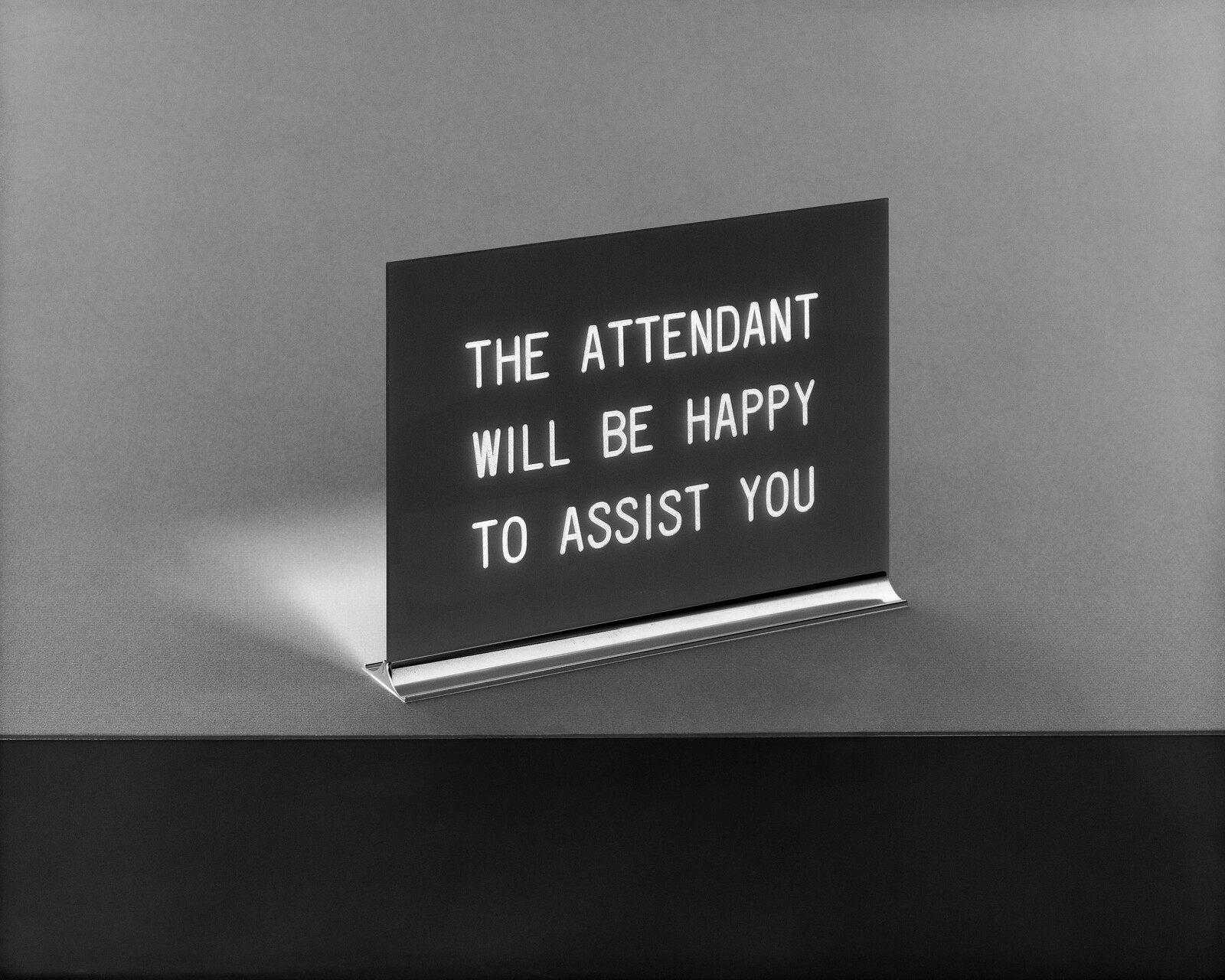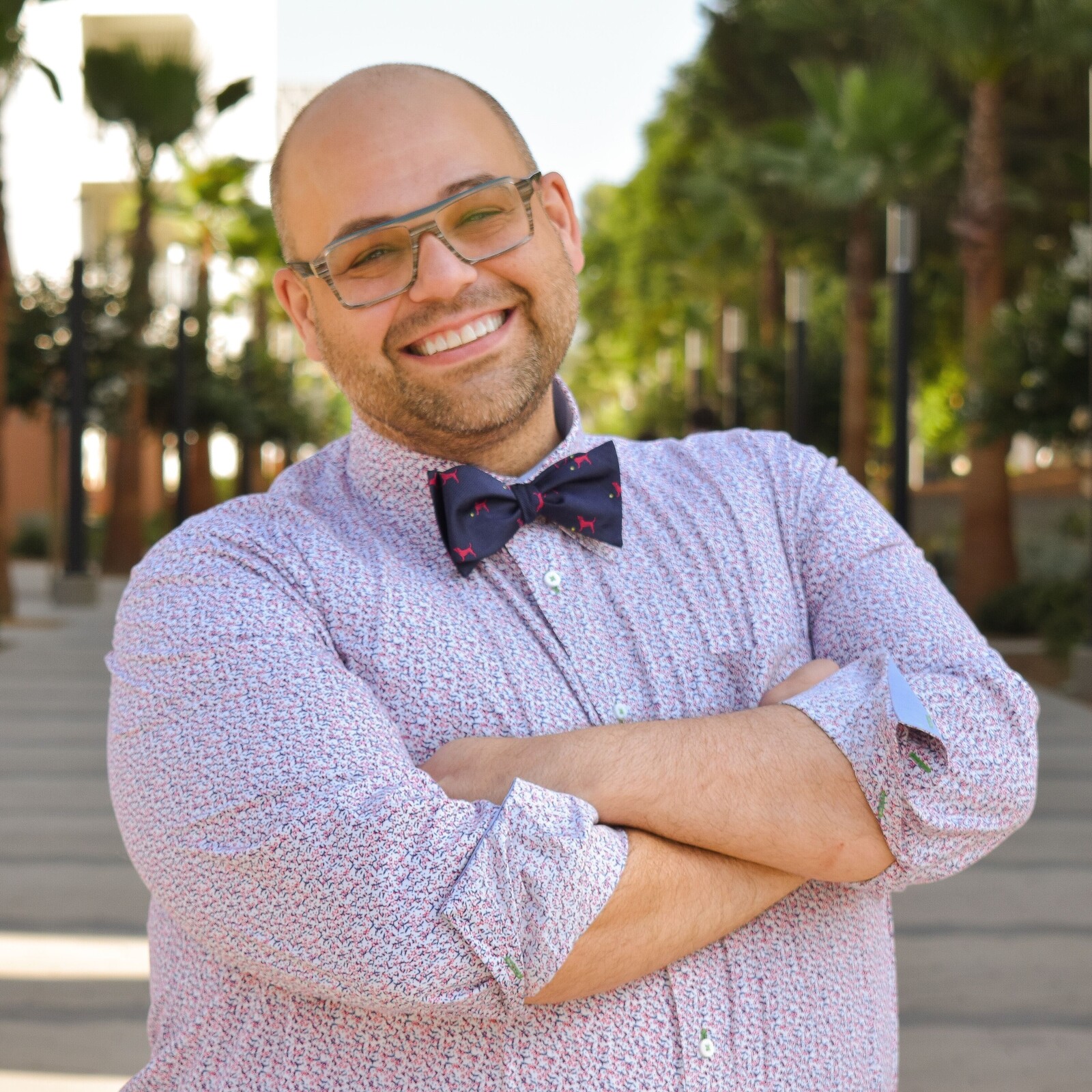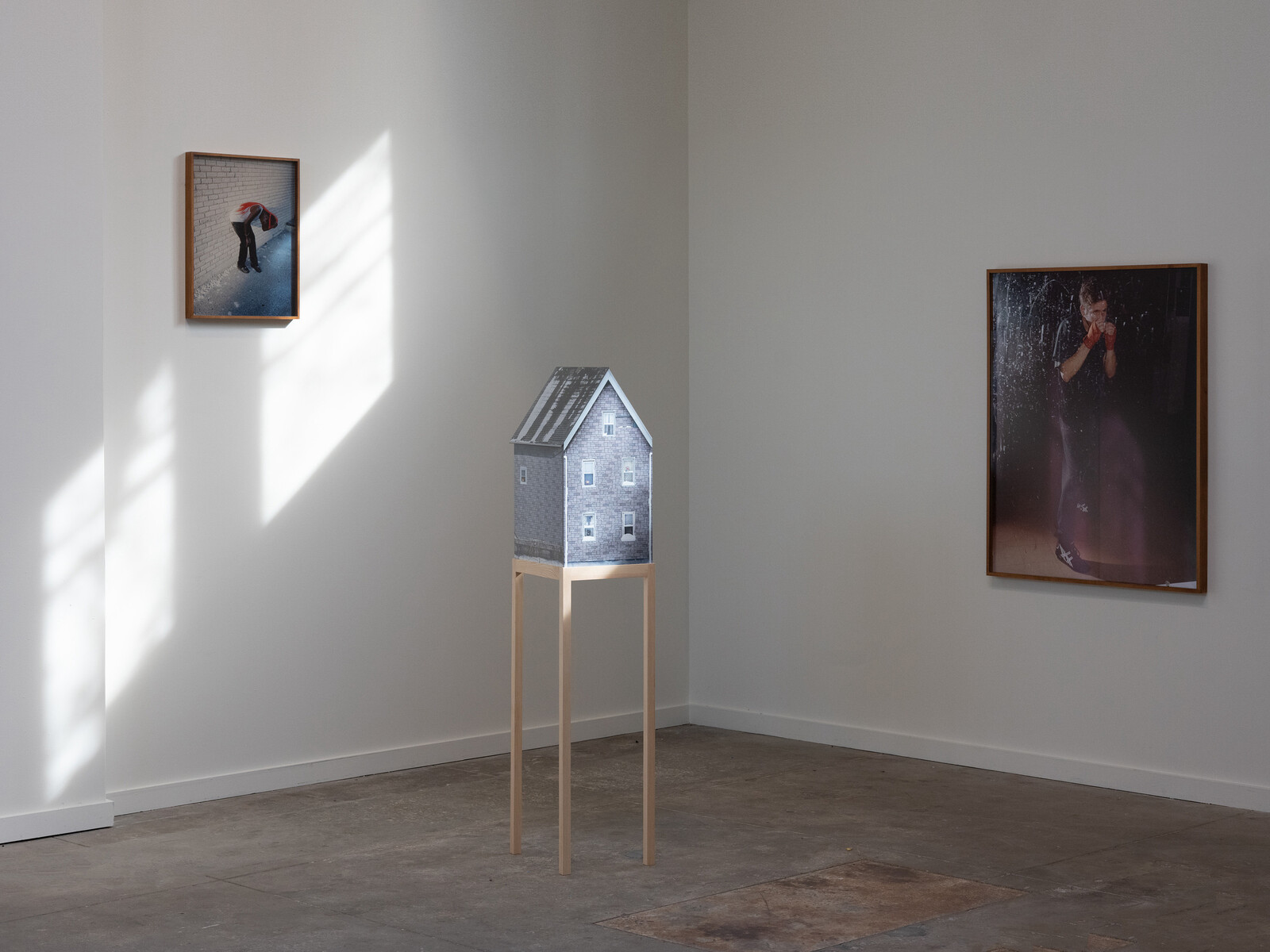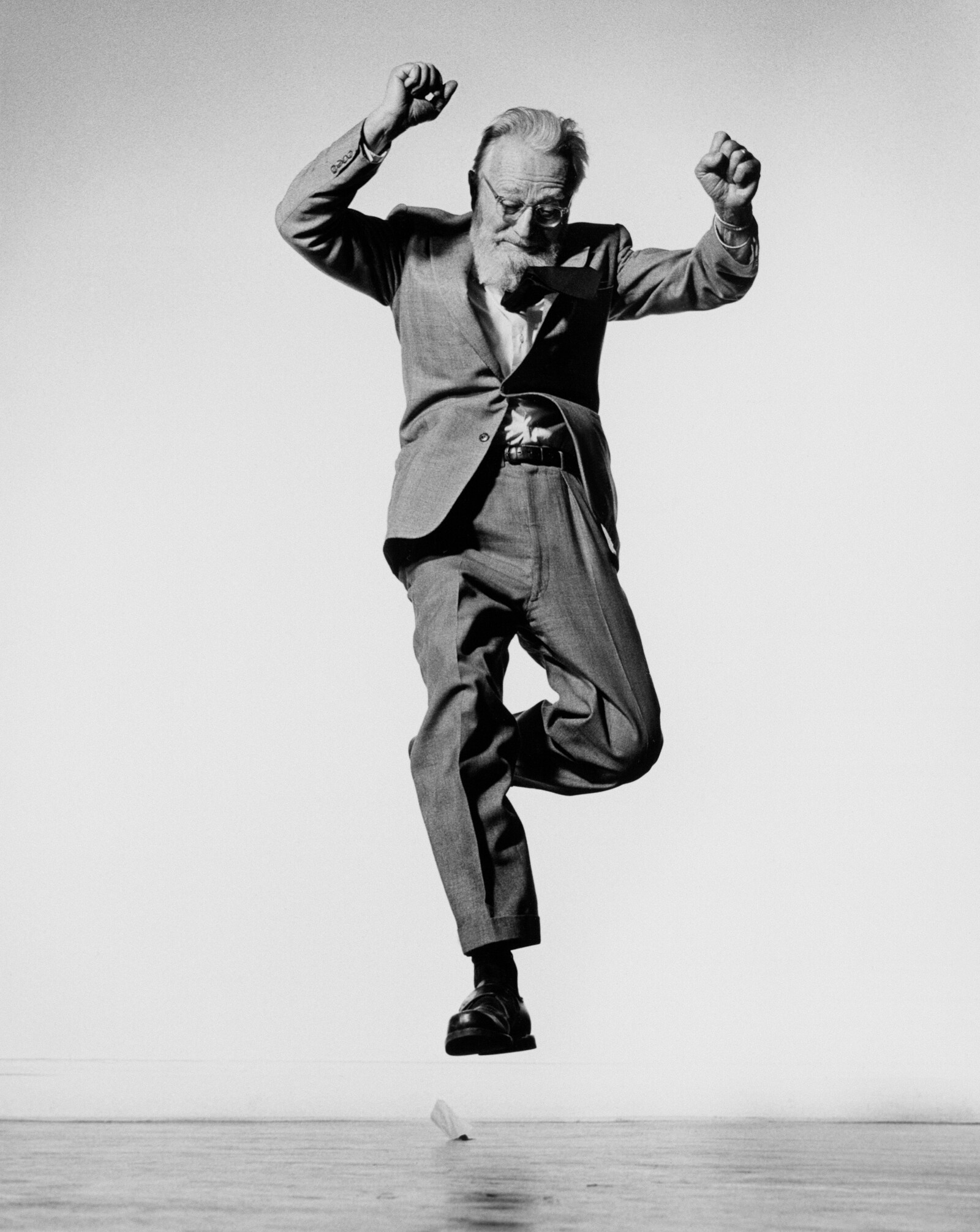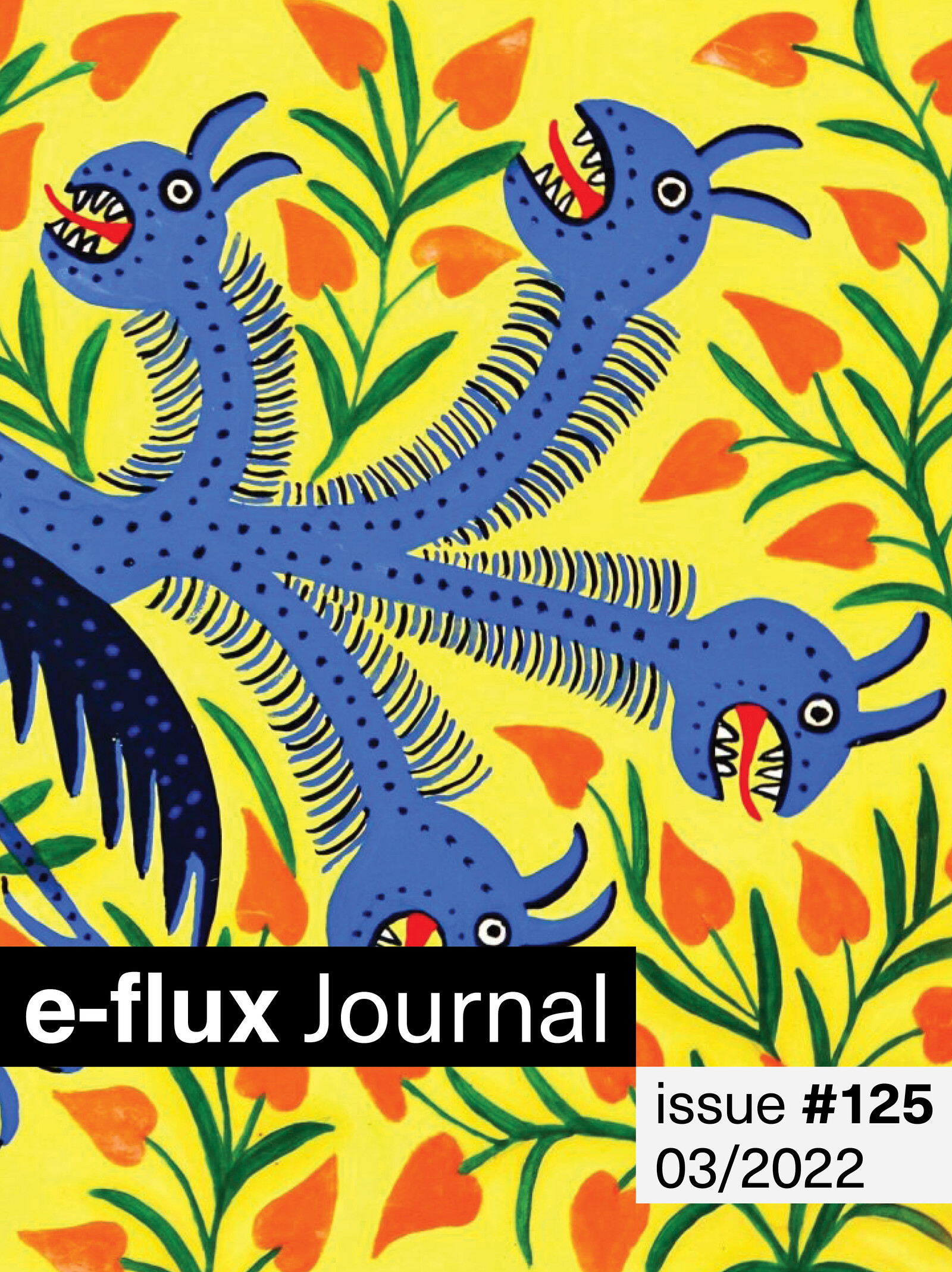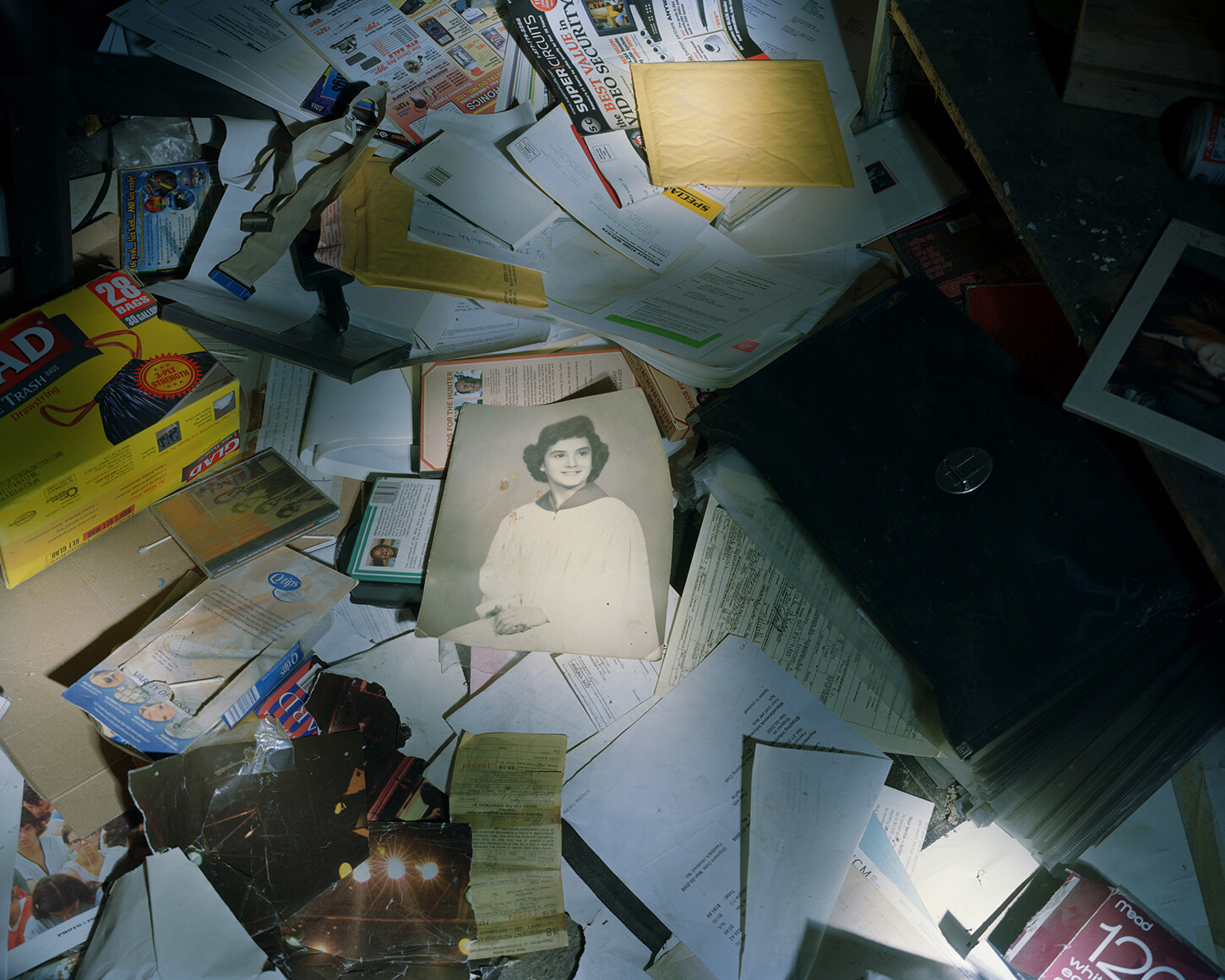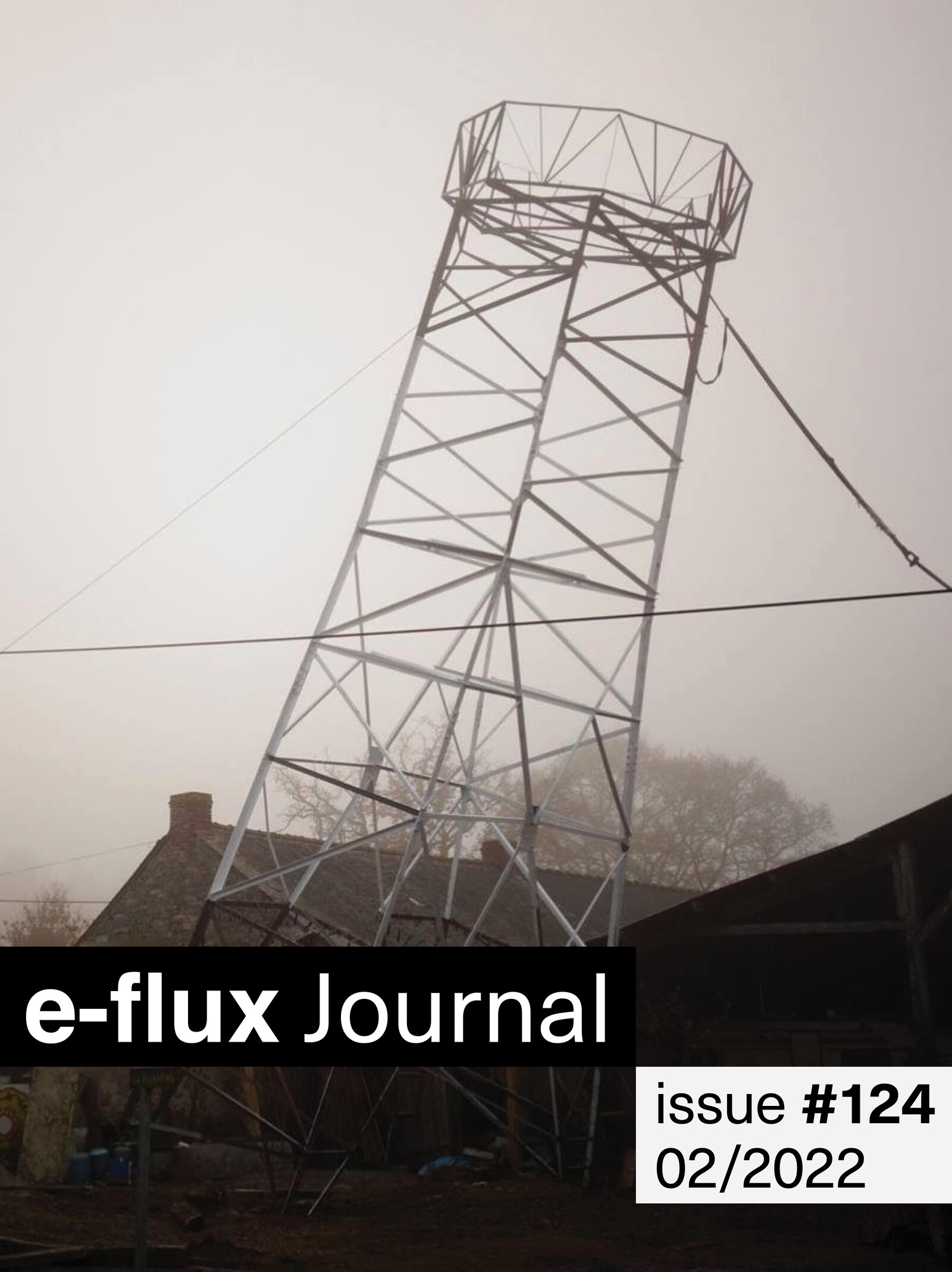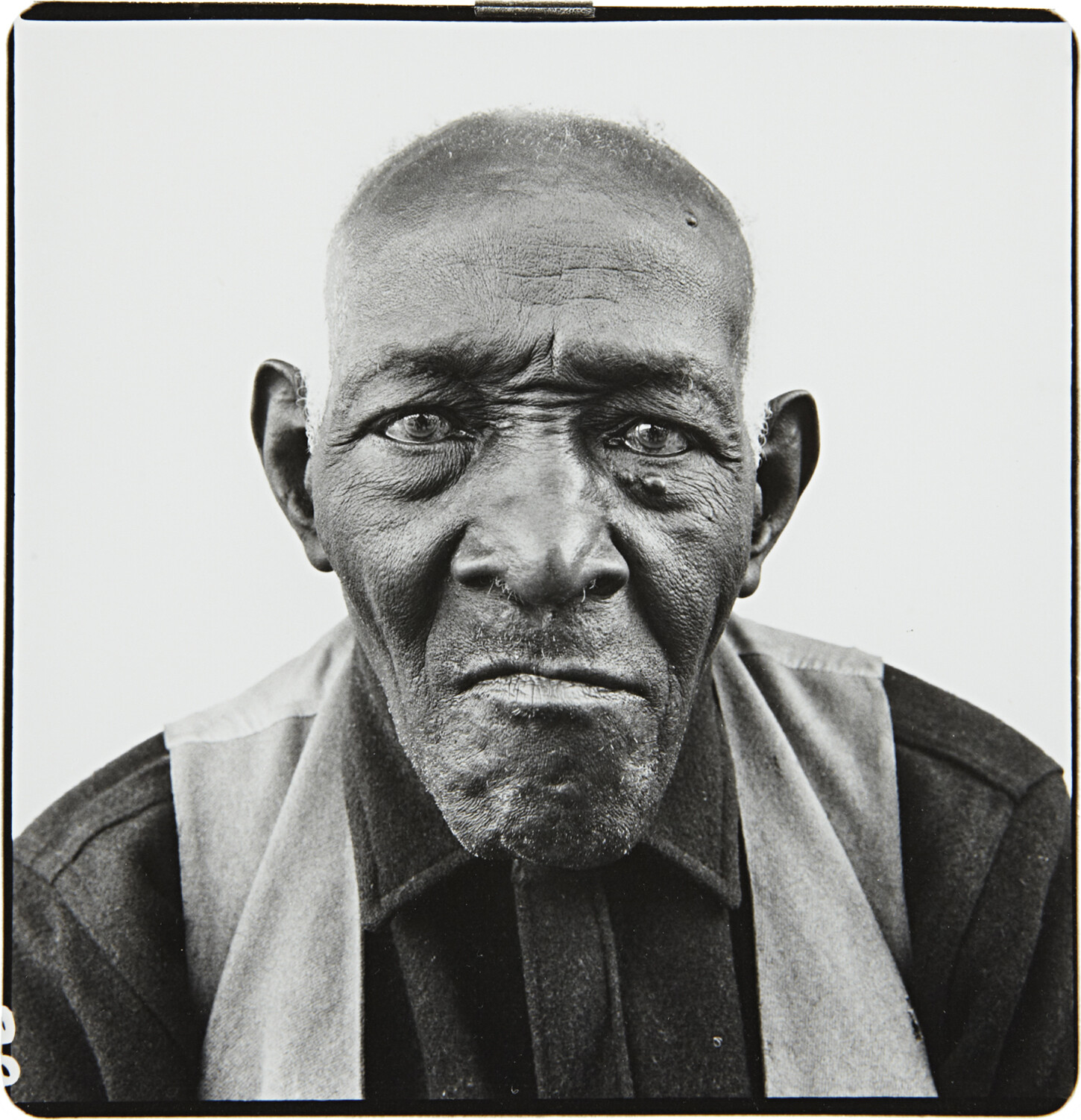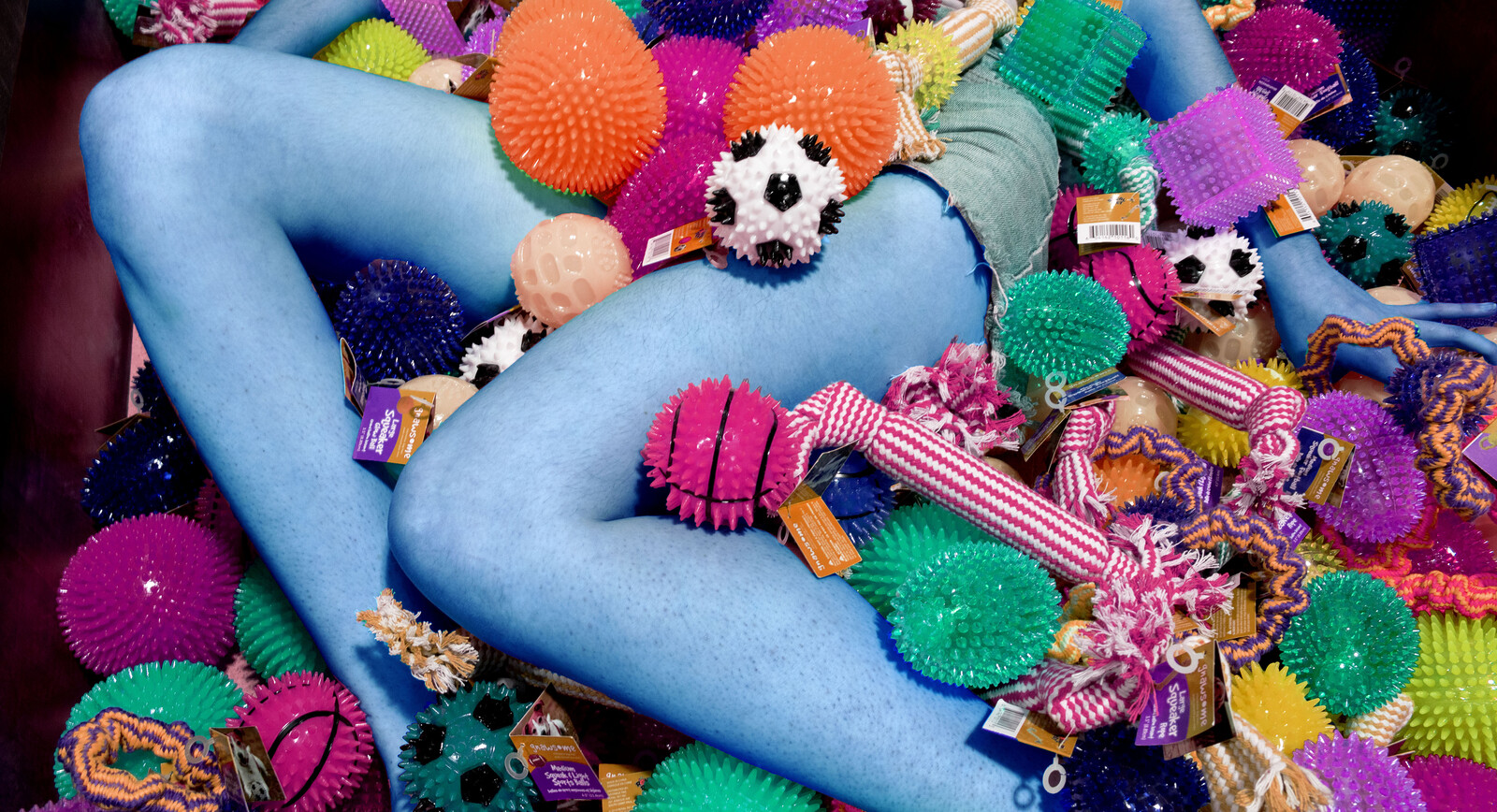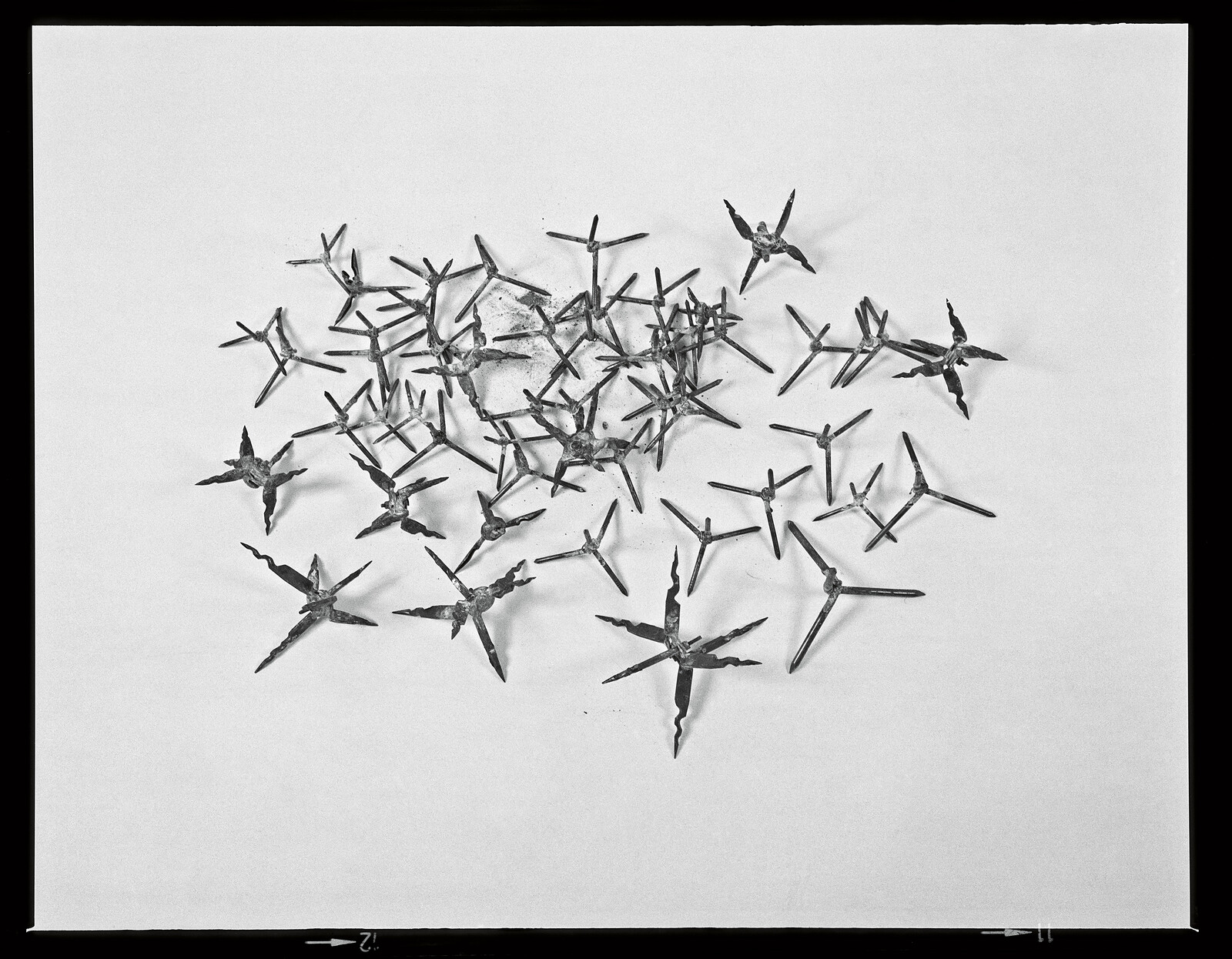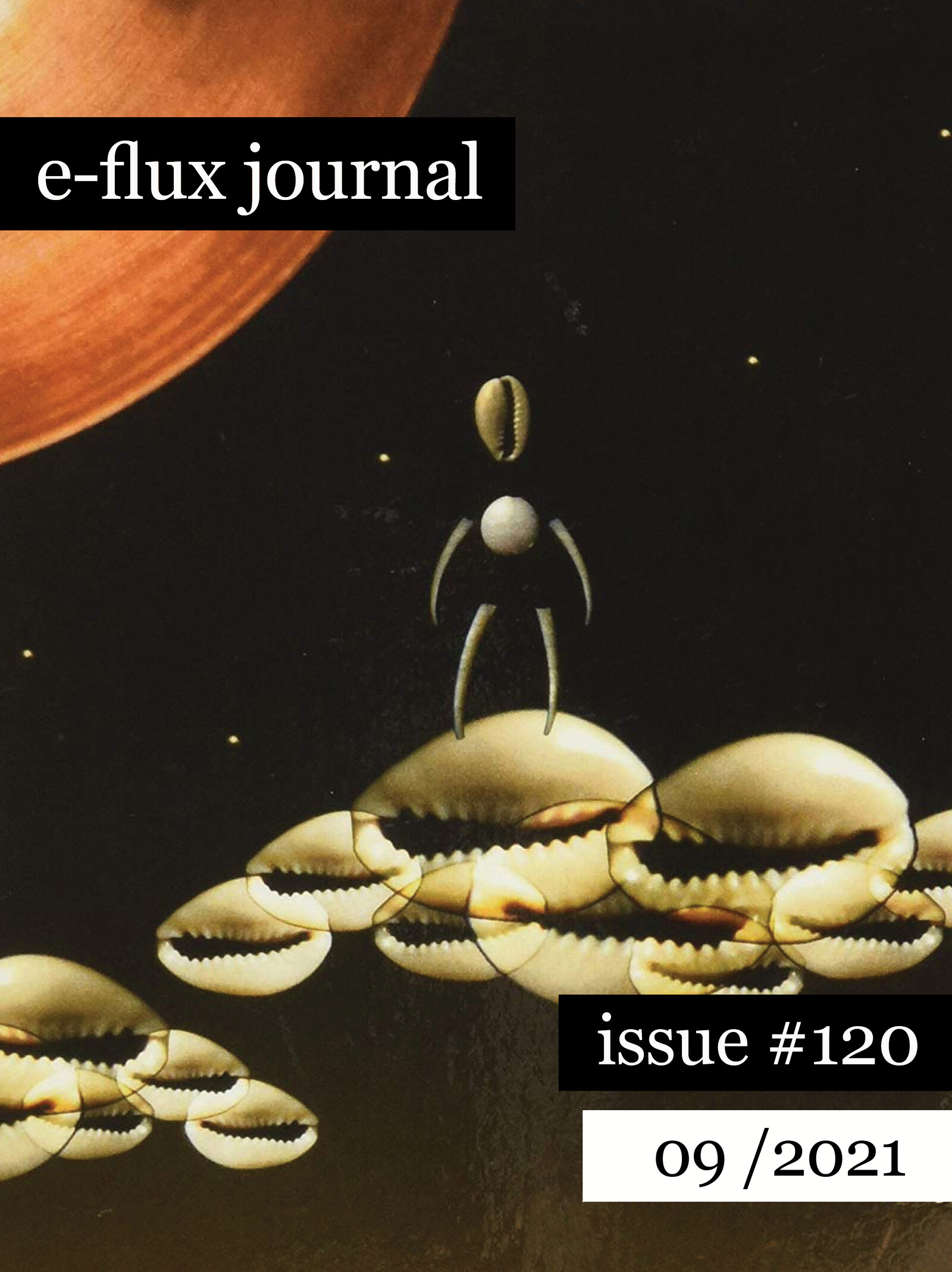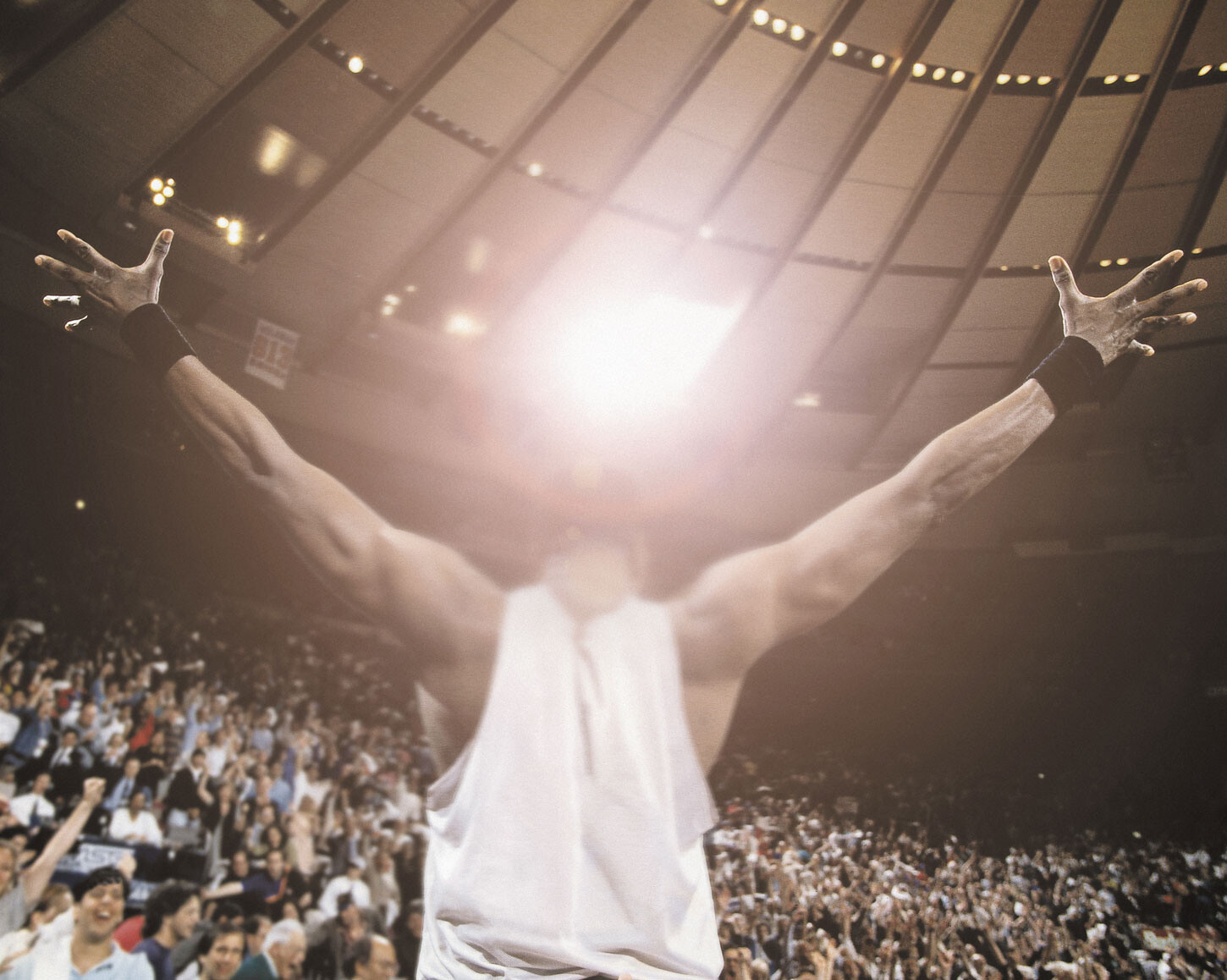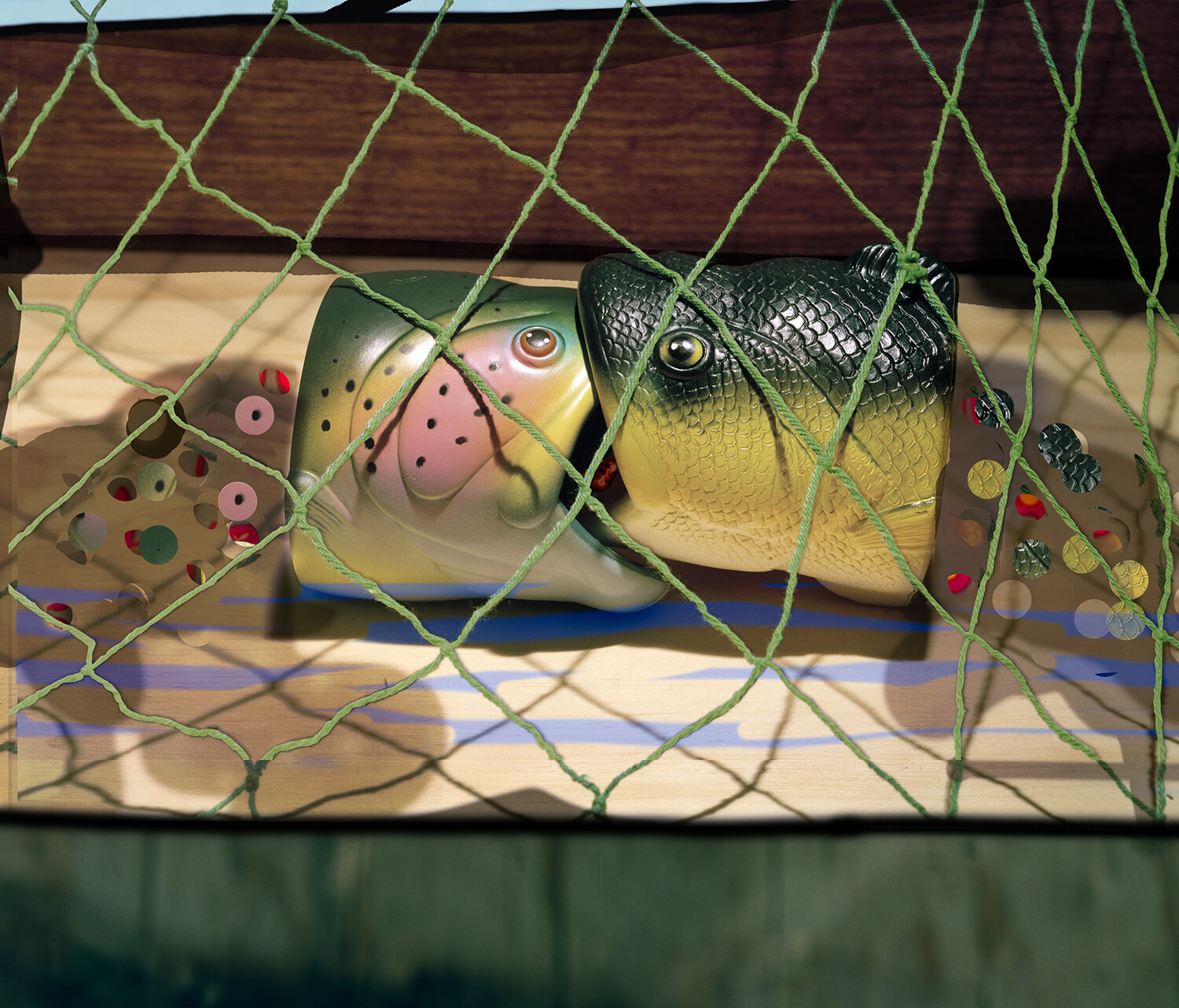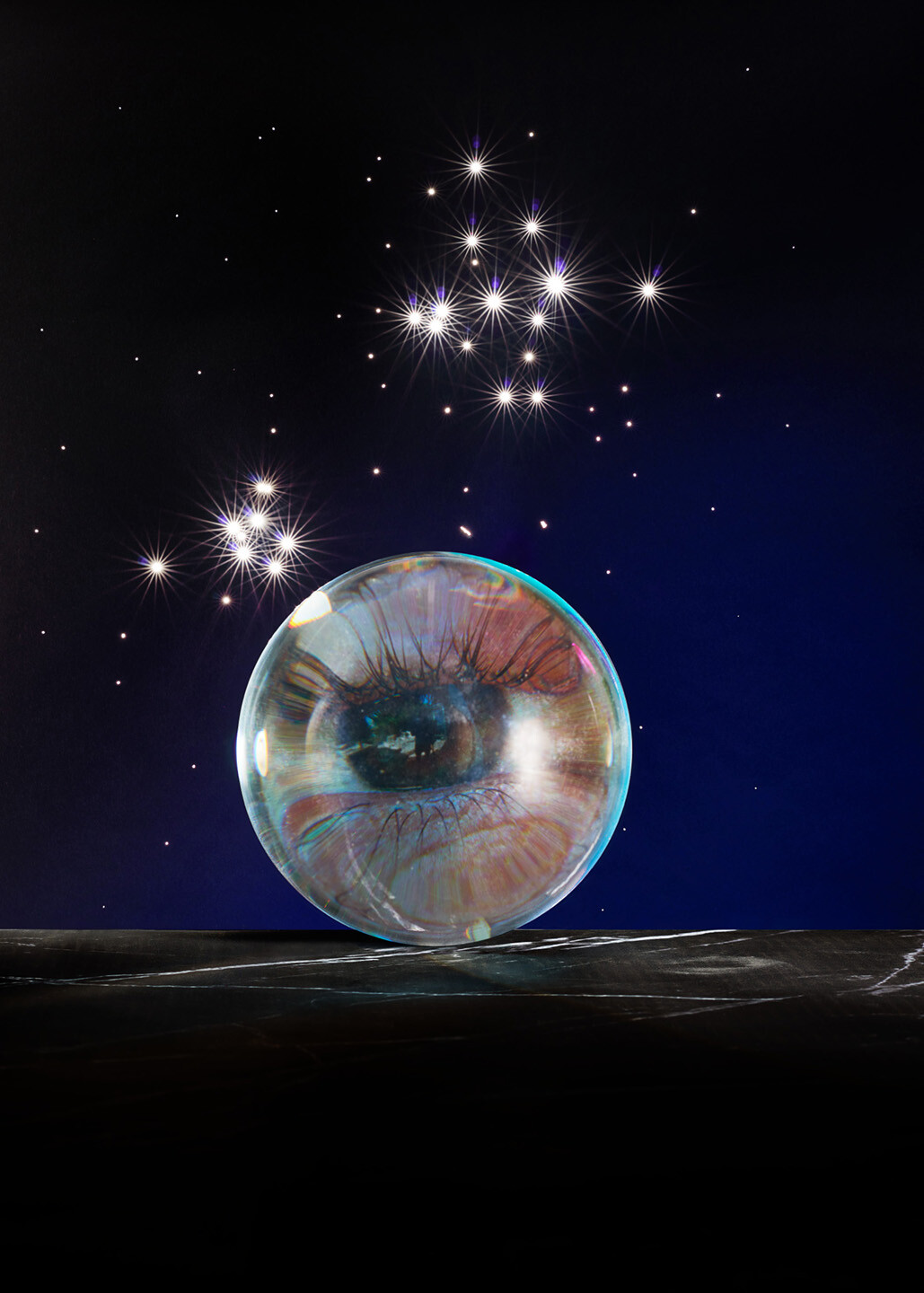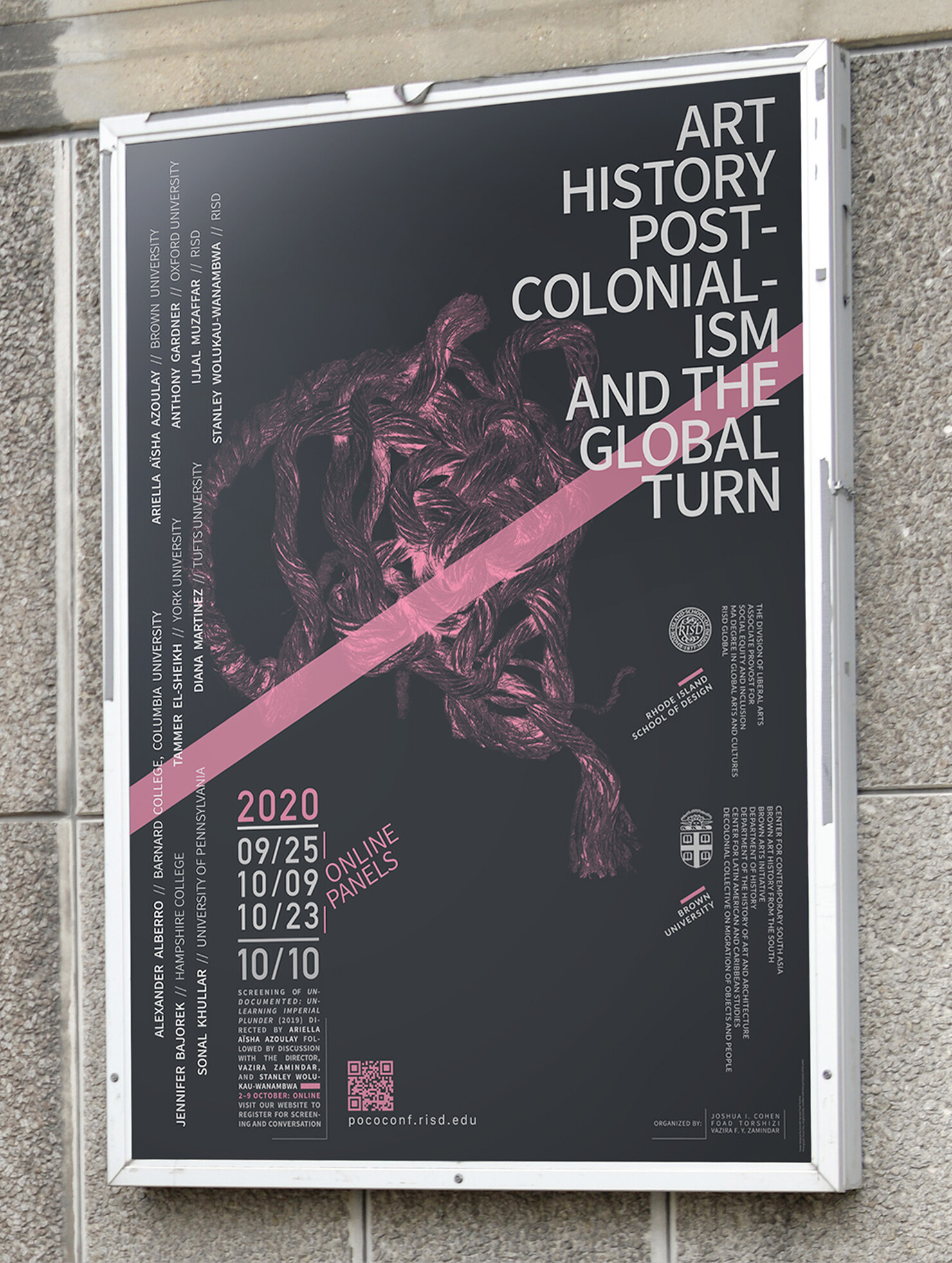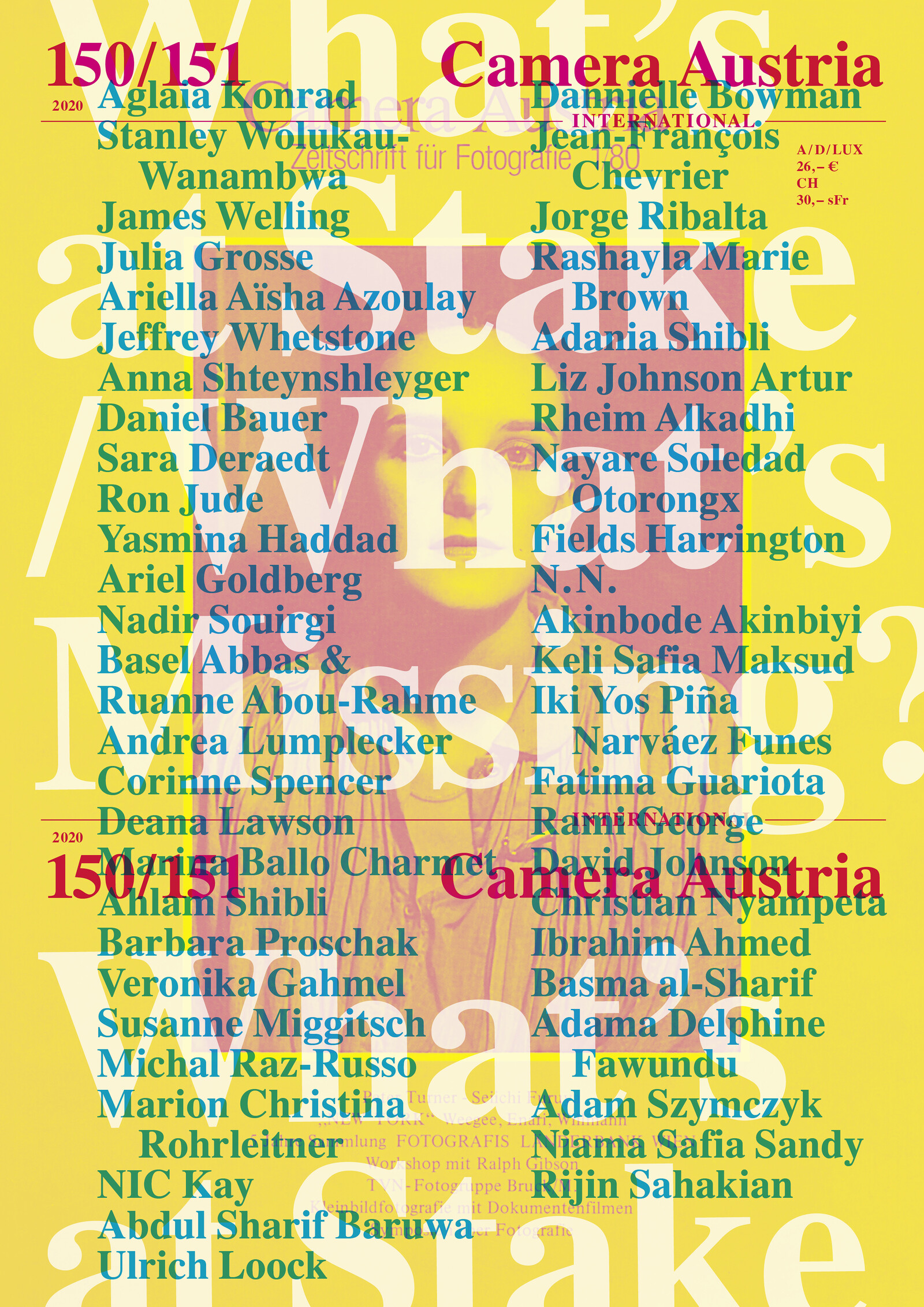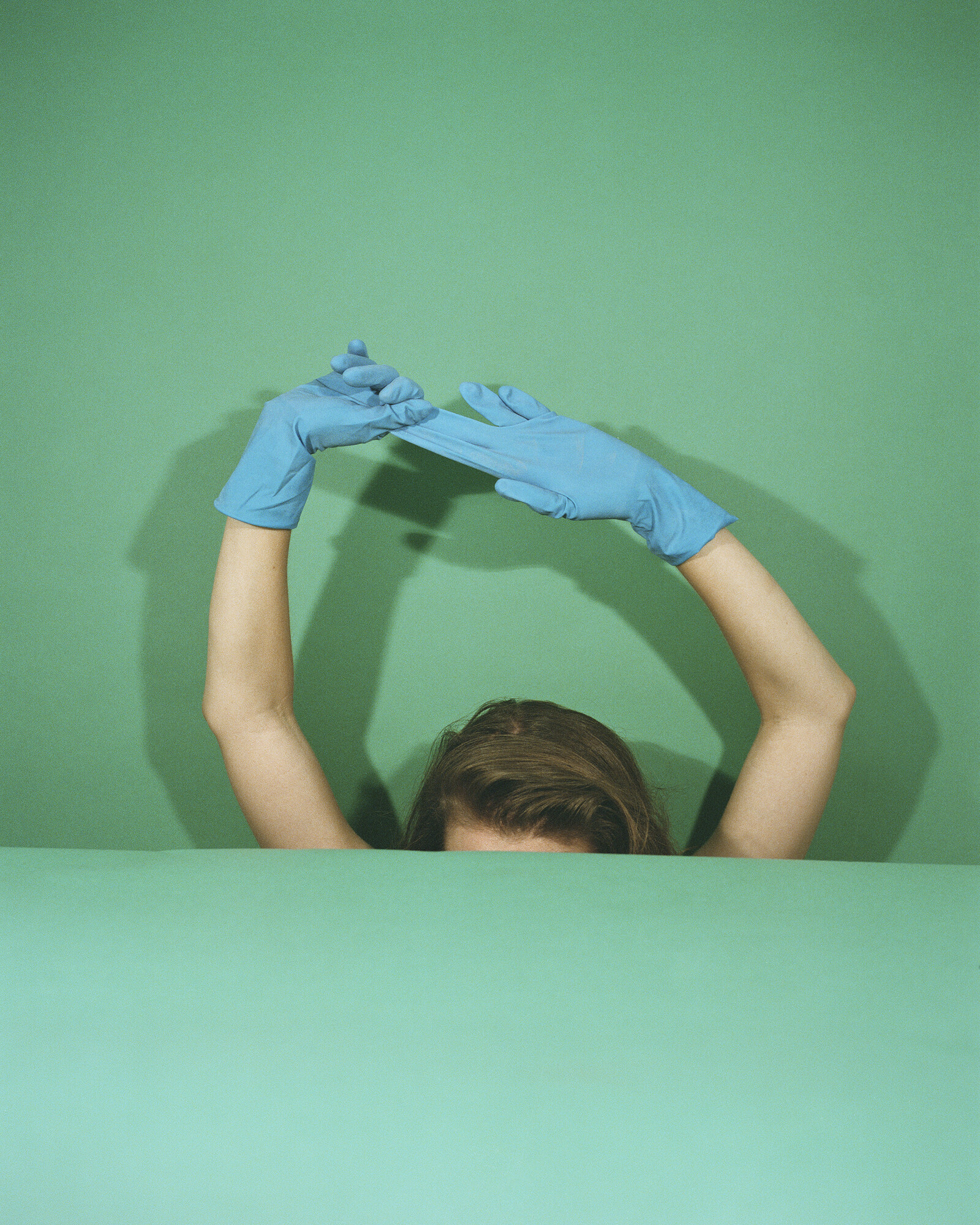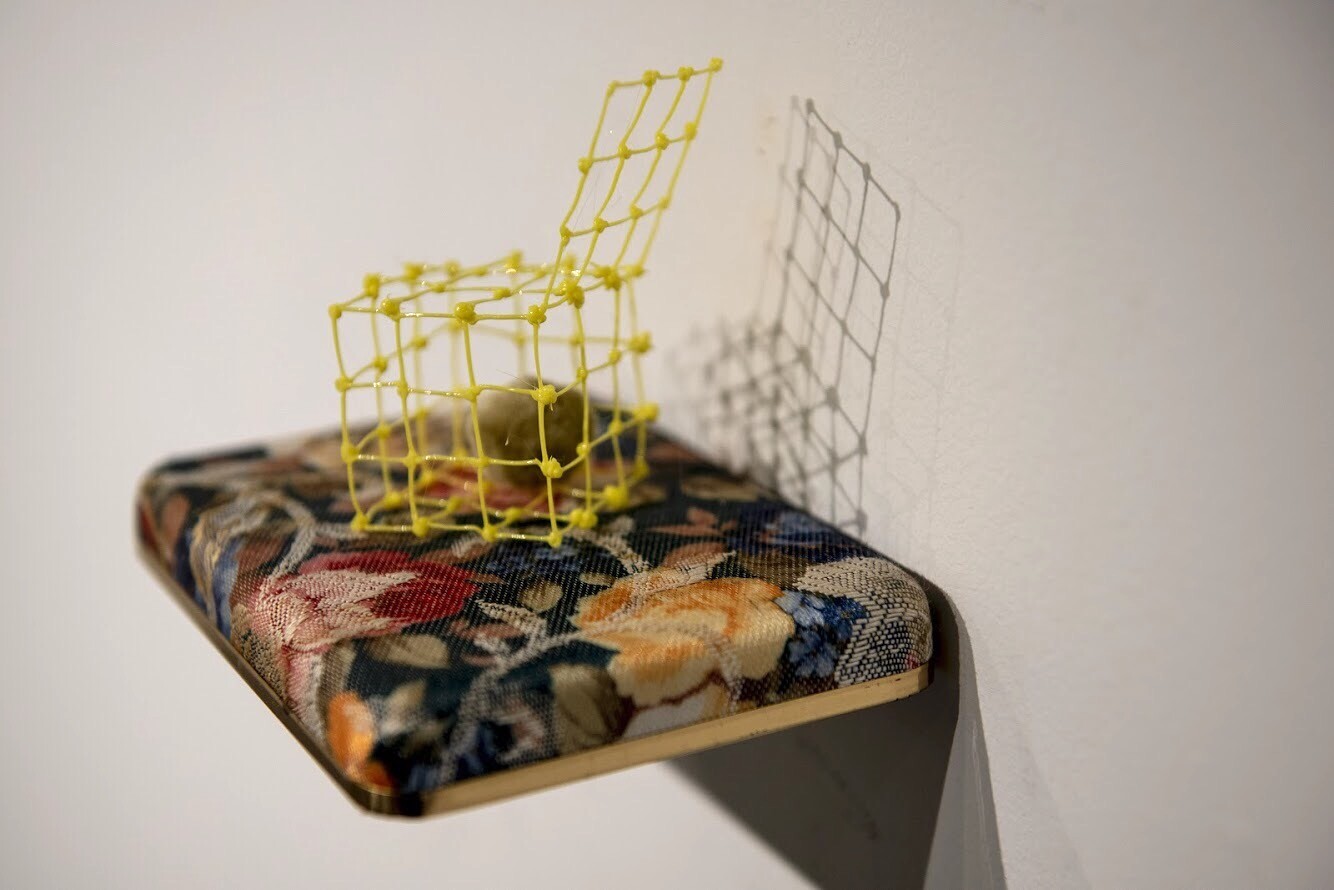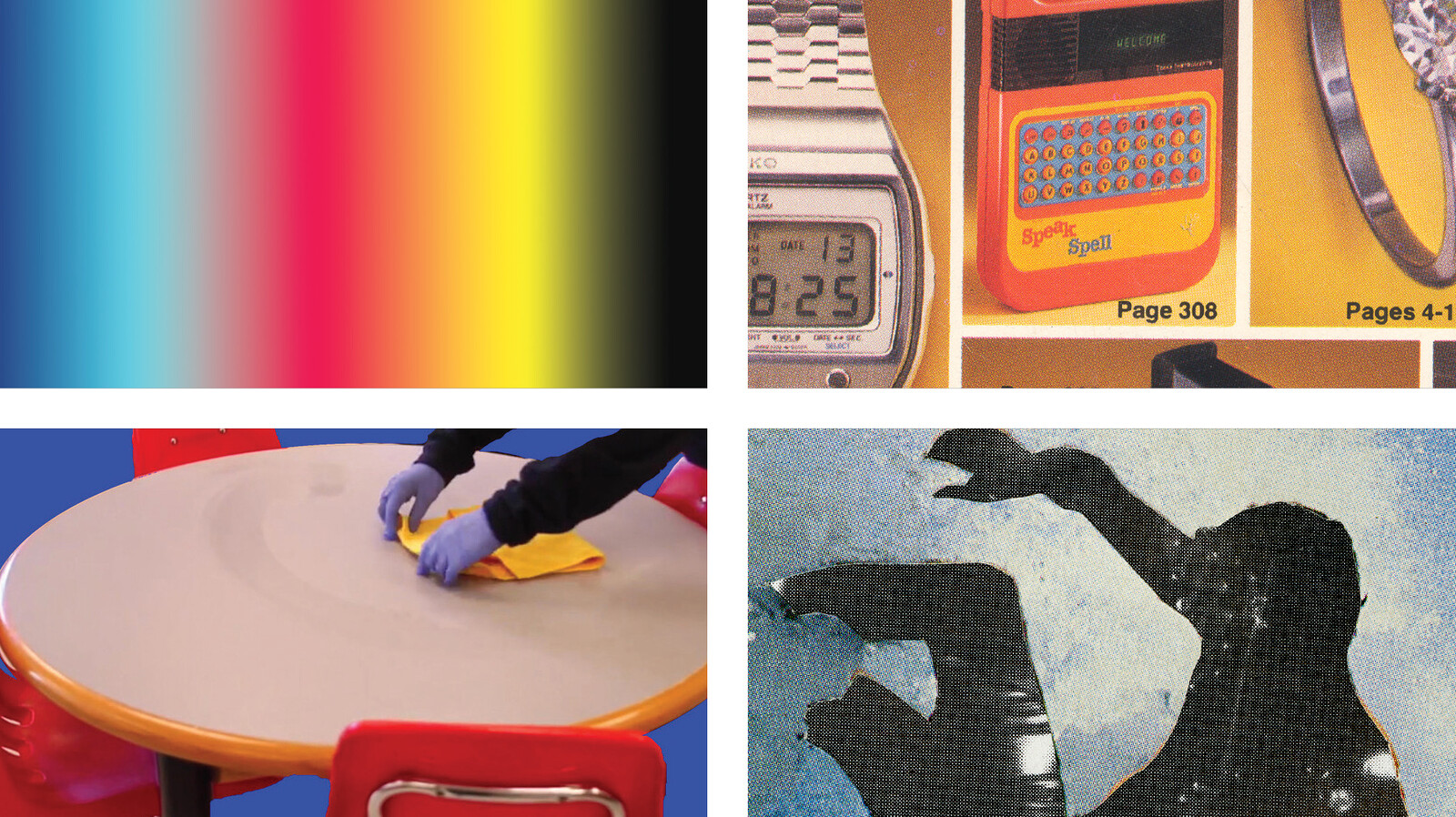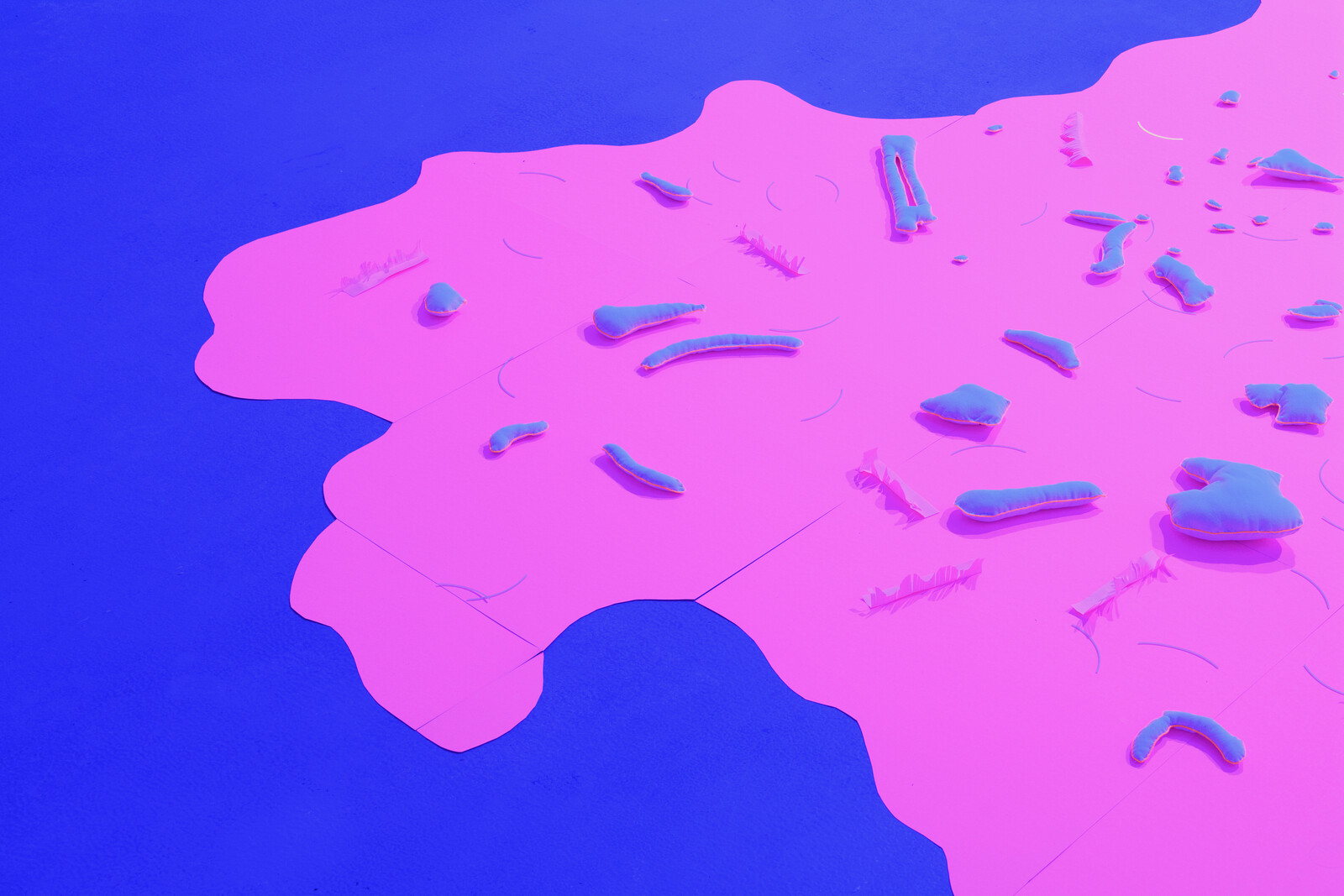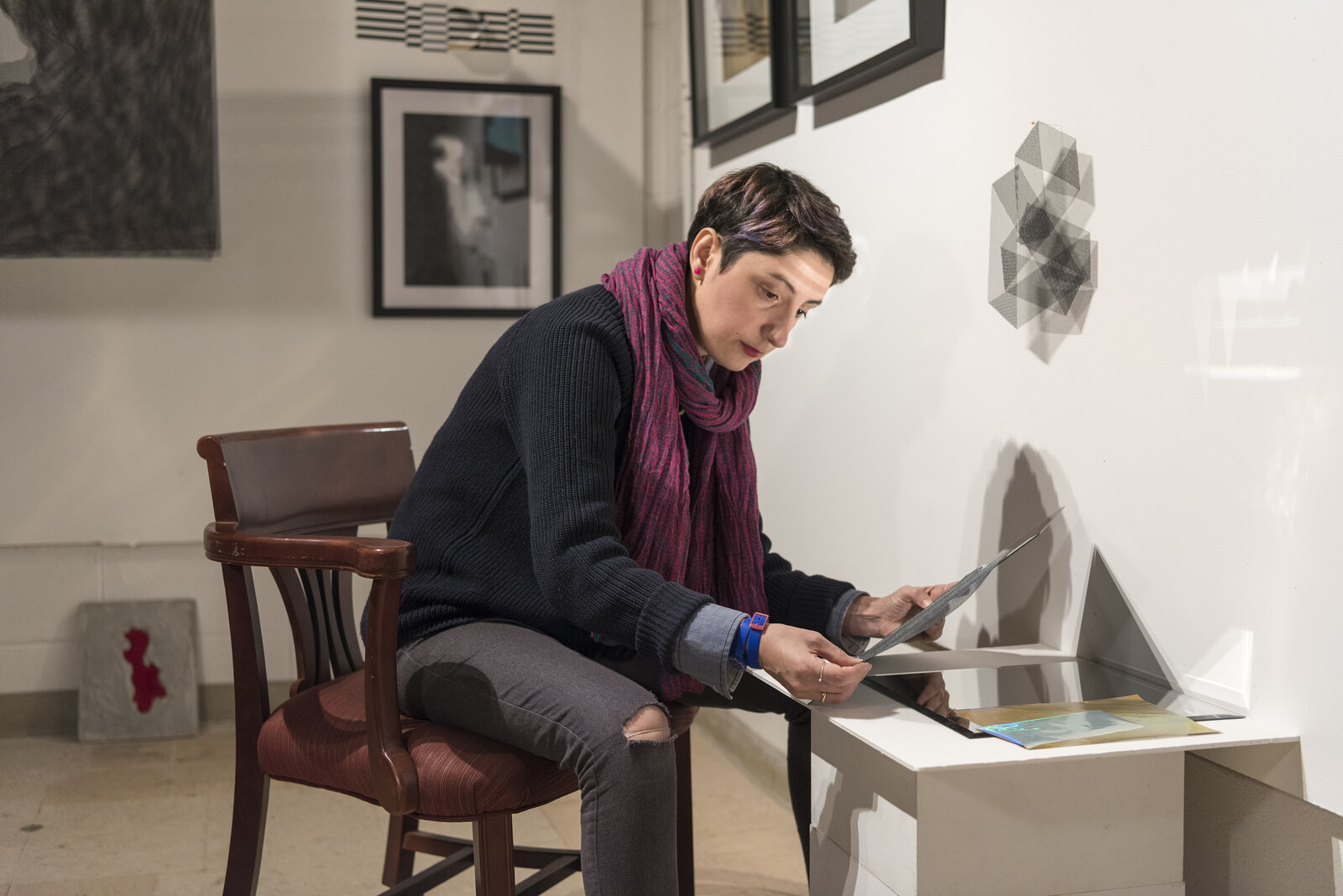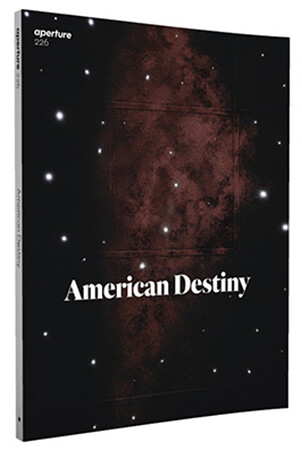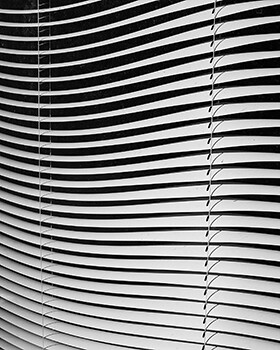Stanley Wolukau-Wanambwa Read Bio Collapse
Stanley Wolukau-Wanambwa (British/Ugandan) is a photographer, writer, editor, and graduate director of the photography MFA at the Rhode Island School of Design. His most recent photographic monograph, Hiding in Plain Sight—coauthored with fellow artist Ben Alper—was published by the Harun Farocki Institute in summer 2020. His set of selected essays Dark Mirrors was published by MACK in autumn 2021, and a series of written exchanges between him and curator David Campany will be published by MACK in the Discourse series in winter 2021. His work has recently been exhibited at MoMA PS1 (2021), the International Center of Photography, NY (2021) and in the Biennale für aktuelle Fotografie (2020). He has contributed essays to catalogues and monographs by Steve McQueen, Paul Graham, Vanessa Winship, George Georgiou, and Rosalind Fox Solomon, and he is editing the inaugural Aperture Reader Series of thematic essay collections, entitled The Lives of Images, the first two volumes of which will be released from summer 2021 onward.
Within the shared sociohistorical field of black cultural practice, within the neglected realms of the studium, homogeneity and heterogeneity are instead bound up in shifting but complementary relation. In this model, repetition and differentiation are not antagonistically opposed. Difference is not exclusionary, and similitude is not unprepossessing.
In contemplating Camera Lucida now, in the wake of the fortieth anniversary of its publication, I am moved to ask: How could a book so intensely bound up with photography and loss show so little generosity, and why, today, should we heed its call? Beyond this, what might insights from black studies bring to bear on a book so indebted to the identification and rejection of difference in the expropriative formulation of Barthes’s inner self?
The “resistant objecthood” that grounds the performances in Lawson’s and Pfeiffer’s images unearths a deeper white anxiety at blackness’ lack of restraint, and its intemperate hostility to discipline. Lawson’s and Pfeiffer’s aesthetics interrogate the normative value of visibility and proffer a politics of visuality in which blackness at once appears and retreats. In their work, raced subjects cultivate a visuality of fugitive evasion, or, to borrow from Anne Anlin Cheng, they manifest “a disappearance into appearance.” Their images model spectacular opacity as a black visual practice that recedes into view.
“American Destiny”
MA in Art History, MA in Education and an MFA in Studio Art
